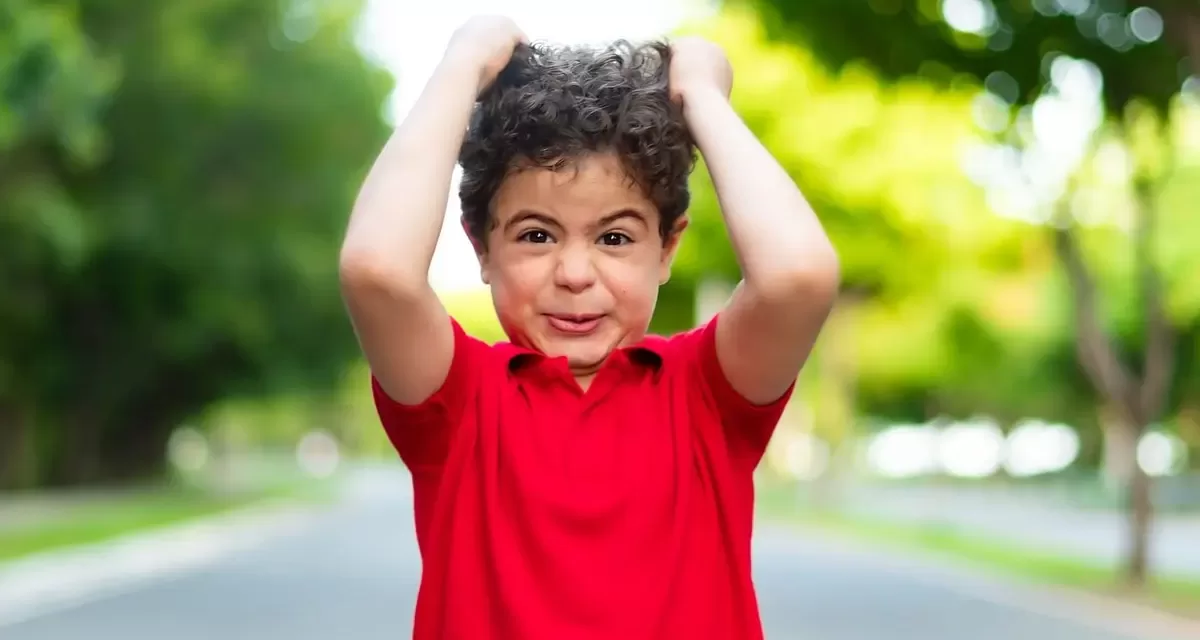A new study has shown that childhood trauma can have a lasting impact on our brains, bodies, and even our genes. The study, which was conducted by researchers at [University Name], found that children who experienced early-life trauma had smaller brain volumes and higher levels of stress hormones. The study also found that these children were more likely to develop mental health problems later in life.
“Childhood trauma is a serious issue that can have a profound impact on a person’s life,” said Dr. [Lead Researcher Name], the study’s lead author. “Our study shows that the effects of trauma can be seen not only in the brain, but also in the body and even at the genetic level.”
The study’s findings are important because they help us to understand the long-term effects of childhood trauma. This information can be used to develop new treatments for people who have experienced trauma.
The Effects of Trauma on the Brain
The study found that children who experienced early-life trauma had smaller brain volumes. This is because trauma can damage the developing brain. The hippocampus, a part of the brain that is important for memory and learning, is especially vulnerable to the effects of trauma.
The Effects of Trauma on the Body
The study also found that children who experienced early-life trauma had higher levels of stress hormones. Stress hormones can damage the body over time and increase the risk of health problems such as heart disease, stroke, and diabetes.
The Effects of Trauma on Genes
The study found that childhood trauma can even change a person’s genes. This is because trauma can cause changes in the way genes are expressed. These changes can increase the risk of mental health problems later in life.
Treatment for Childhood Trauma
There are a number of treatments available for people who have experienced childhood trauma. These treatments can help to reduce the symptoms of trauma and improve a person’s quality of life.
If you or someone you know has experienced childhood trauma, please seek help from a qualified mental health professional.
Here are some additional resources that you may find helpful:
- The National Child Traumatic Stress Network: https://www.nctsn.org/
- The Substance Abuse and Mental Health Services Administration: https://www.samhsa.gov/












